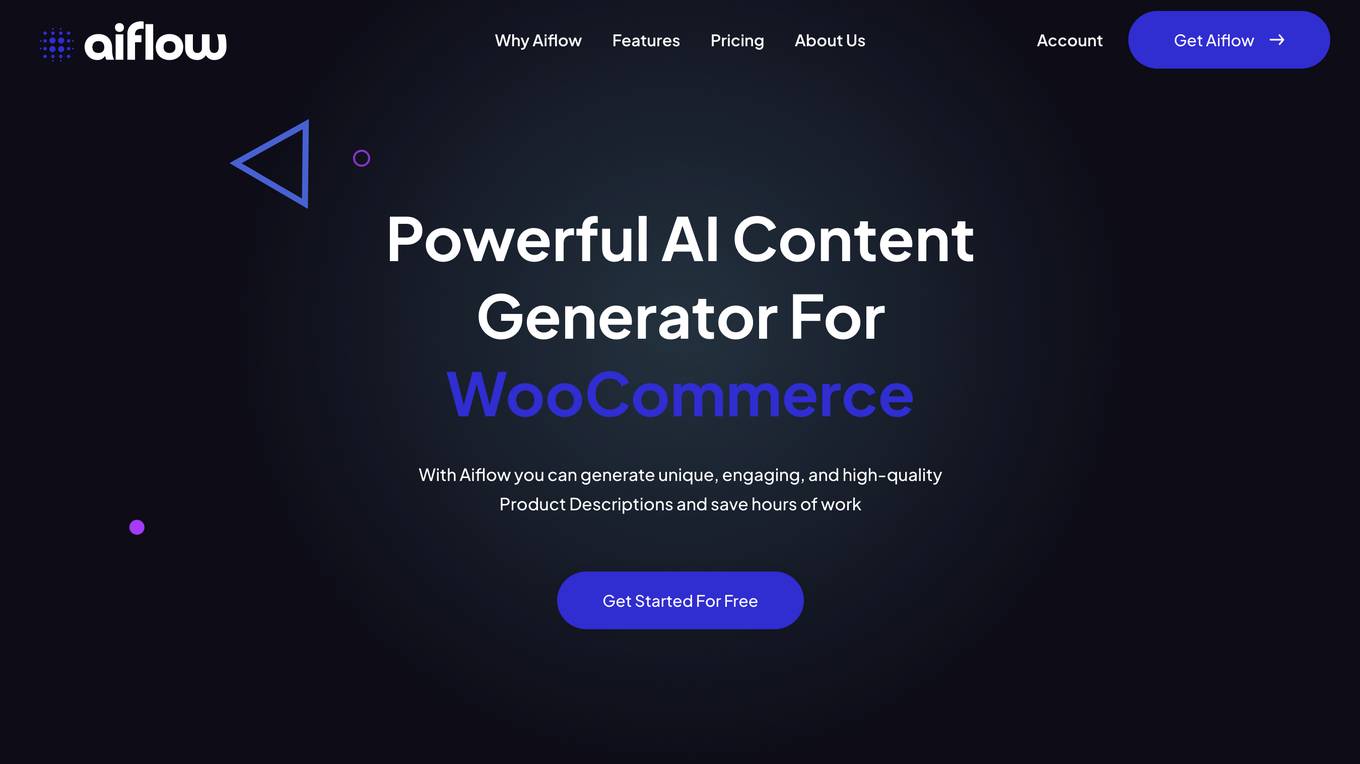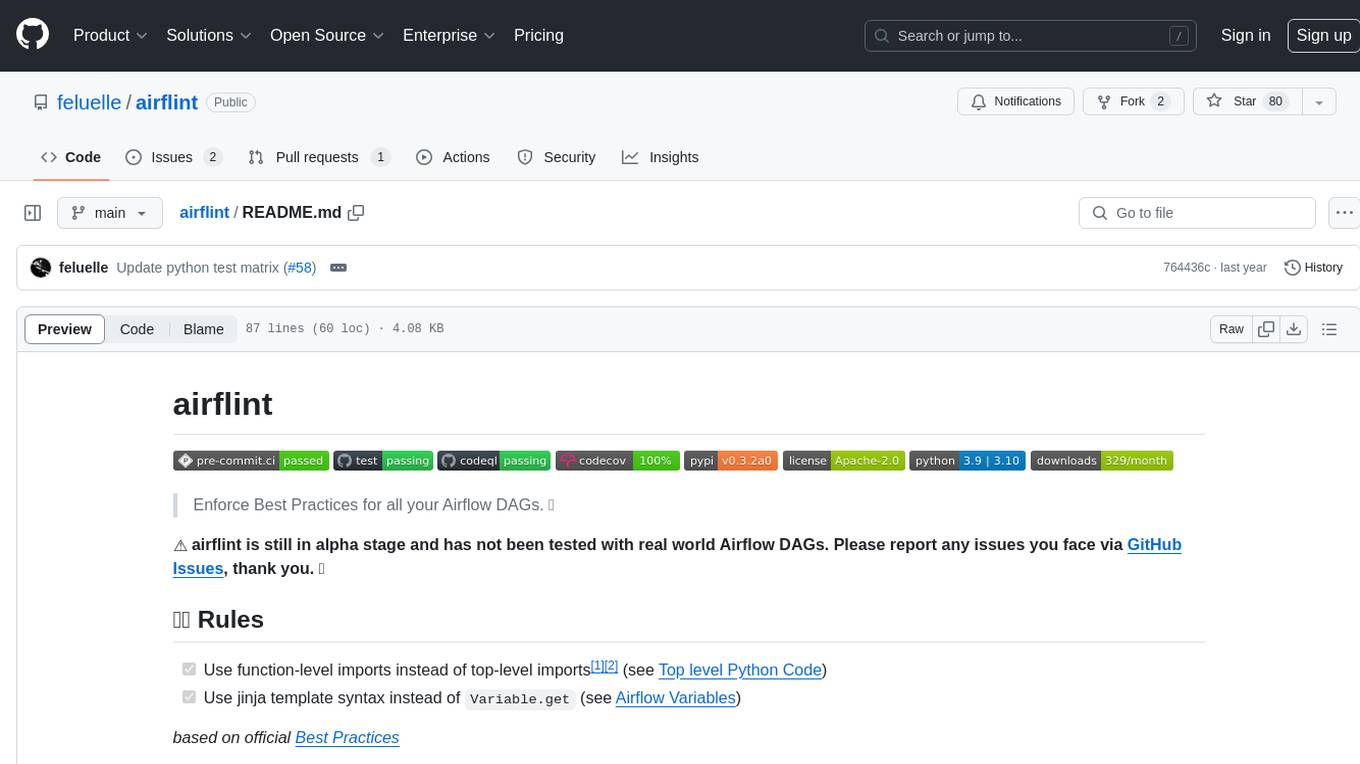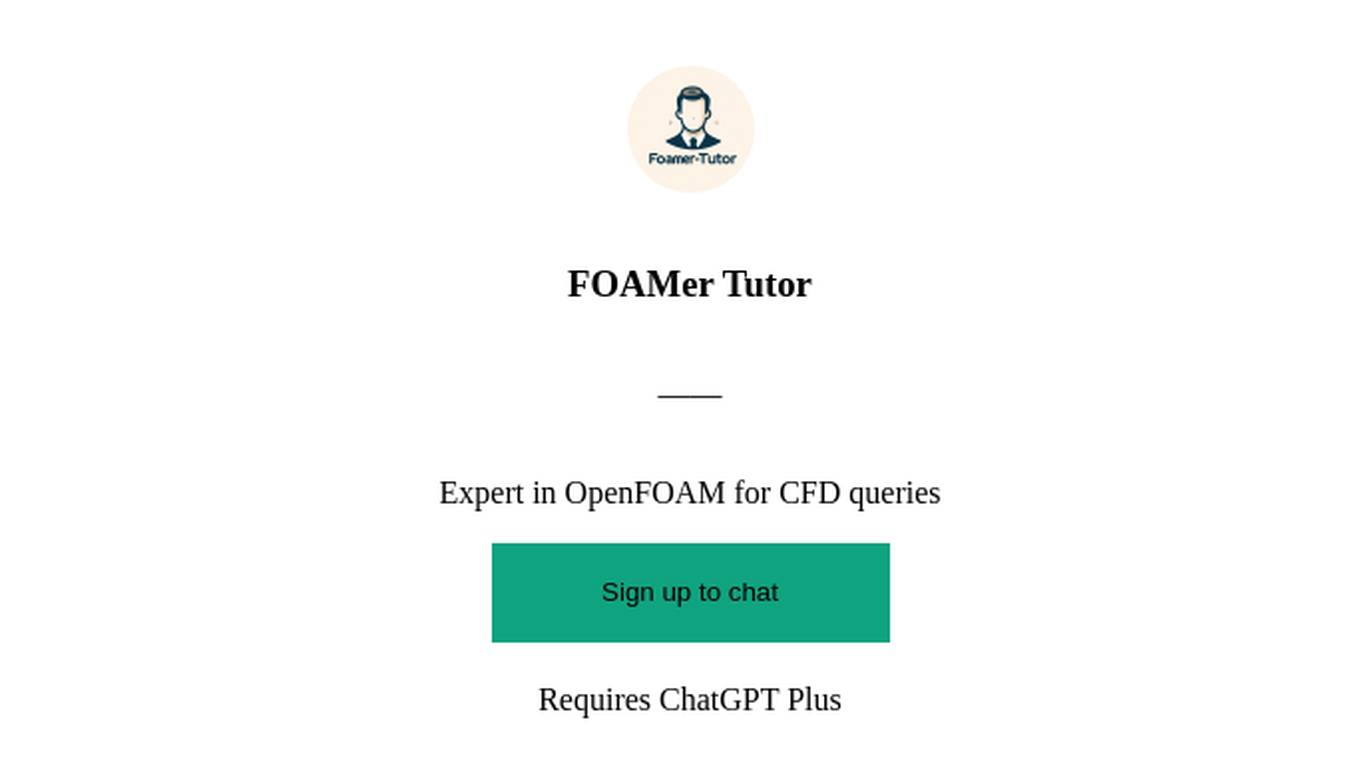Best AI tools for< Airflow Developer >
Infographic
1 - AI tool Sites

Aiflow
Aiflow is a powerful AI content generator for WooCommerce that can help you save time and money on writing product descriptions. With Aiflow, you can generate unique, engaging, and high-quality product descriptions in seconds. Our plugin integrates seamlessly with WooCommerce, making it easy to use directly from your WordPress site.
1 - Open Source Tools

airflint
Airflint is a tool designed to enforce best practices for all your Airflow Directed Acyclic Graphs (DAGs). It is currently in the alpha stage and aims to help users adhere to recommended practices when working with Airflow. Users can install Airflint from PyPI and integrate it into their existing Airflow environment to improve DAG quality. The tool provides rules for function-level imports and jinja template syntax usage, among others, to enhance the development process of Airflow DAGs.

